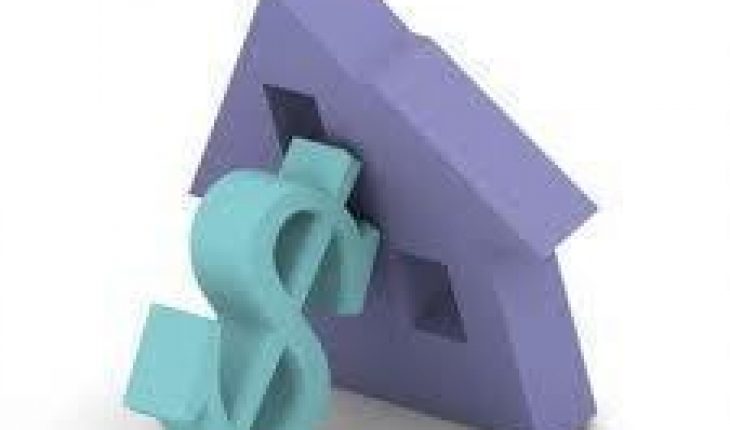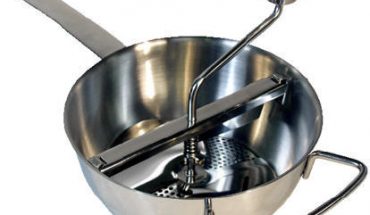How does a reverse mortgage work
The standard mortgage is based on the equity in a home or property. A loan is taken out on the asset, and is paid back to the lender. This is great way to get extra cash, or finance ownership of the property. However, should you own your home there is an alternative that could help you avoid debt, and monthly payments. That course of action is a reverse mortgage. In a reverse mortgage, the value of the property is paid to the borrower, tax-free, meaning no monthly payments, or if the borrower wishes the loan amount can be given in a lump sum.
How does a reverse mortgage work?
Being paid up front for the value of a home sounds unbelievable, but the there are a few basic requirements to getting a reverse mortgage. These types of mortgages are only available to homeowners who are 62 years or older. The older the applicant, the more lenient the lending rules. In cases where there are dual owners, like husband and wife, the age of the younger title holder is used. Applicants are assessed by their ability to maintain the property, rather than any financial factors such as credit worthiness, and overall income. Taxes and home owners’ insurance must all be paid up to date.
Once the value of the property is calculated, the maximum loan amount, is that set by the Department of Housing and Urban Development (HUD). Any current mortgages, or liens on the property are also taken into consideration, and must be paid out of the loan amount approved. Applicants wanting bigger loan amounts, due to the value of their property being higher than the cap, can take out more risky uninsured Jumbo loans. Before approval, borrowers must meet with an HUD counselor to ensure that they are informed about all aspects of the reverse mortgage.
The loan is terminated when the holder dies, sells the property, has vacated or left the home for medical reasons, for over 12 months.
Advantages
- The major advantage of how a reverse mortgage works is the lack of debt, since the loan does not have to be paid back until the homeowner dies or vacates the premises.
- The borrower also gets cash monthly, or up front to use however they want.
- The ability to borrow is not a one time thing. If the value of the property increases over its life, then further loan amounts may be applied for.
- When the loan is ended, once the property is sold, estate heirs would receive whatever excess over the loan repayment, and not be responsible for any shortfall.
Disadvantages
- With the property being used as security, the loan will be recouped by the lender from the disposal of the property, this adds several levels of complications should the property be willed to family members. If they wish to retain the property, then they would have to repay the amount borrowed, plus interest.
- Reverse mortgages have higher up front fees than their normal counterparts.





